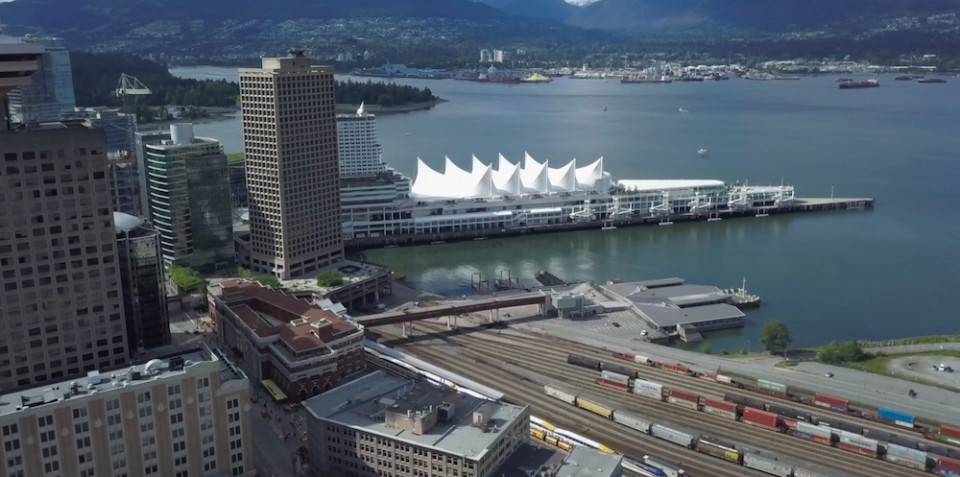Whether it is a brand new ‘move-in-ready’ home, custom finishes, warranty, or a better timeline, buying a presale condo can be the perfect fit for many homebuyers. Due to its many benefits, we’ve seen that in today’s competitive market, there is an increase in the number of first time home buyers who have opted to purchasing a presale property.
If you’re thinking about your options and are interested in the presale market, Alec Abbott from the West Haven Group will break down the steps to buying a presale condo in Vancouver.
Step 1: Mortgage pre-approval
As you start the process of buying a presale home, it’s important to understand your finances at this moment in time. We recommend meeting with a mortgage broker and discussing your options.
Having this pre-approval number early on can help you plan ahead and will save you a lot of time and stress. If your current budget is not enough, you can put a plan in place for when completion comes a few years down the road.
Tip – You want to make sure your income stays the same or increases. Things to consider is not making any other large purchases before completion date.
Step 2: Visit a presentation centre
In the presentation centre, you’ll get the chance to walk through the display unit, see building models, receive the marketing materials, and take a closer look at the features and finishings available.
During this time, it’s important to work closely with the agent you are working with to understand the floor plans available and come up with a negotiation strategy. Keep in mind that presale units are first-come-first-serve, and not all units are identical.
Step 3: Write an offer
Once you’ve done your research and would like to write an offer, you’ll work with the developer’s internal sales team to complete the paperwork on your behalf. Don’t be shy during this step because there is usually room for negotiation and other incentives. Some of these include appliance upgrades, parking or even storage at no additional cost.
Step 4: Submit a deposit
Once your offer has been accepted, you are required to provide a small deposit, typically 5%-10% to hold your unit while you do your due-diligence. Once submitted, you have a 7 day recession period to read through all the documentation before making it official. Although the deposit structure varies per developer, these deposits are put towards your final down payment upon closing.
Step 5: Find your team
Once you are closer to your completion and possession date, you’ll need to work with a real estate lawyer or notary to help you with the closing details. Your lawyer/notary will be the ones to arrange the transfer of funds from you to the developer and ensure that all legal matters have been handled correctly.
This process is usually taken care of 7 – 10 days out from your completion date.
Step 6: Deficiency walkthrough
Once you have been given a possession date by the developer, you will have the chance to do a deficiency walkthrough of your unit and go through the finishings. If there are any issues at this point, the developer will get them fixed before your move-in date.
It is also helpful to know that if any issues arise within the first year of purchase, you will have the developer’s guarantee that they will get taken care of.

Step 7: Sort out financing
There are a number of different ways to sorting out financing.
- Some will hold off on arranging financing until closer to completion date
- Others do a “builders cap mortgage” which allows you to lock in a rate up to 3 years but it will be at a rate that is slightly higher than the current market. Discuss this option with a mortgage broker.
Regardless of what option you take, it is crucial for your income to be similar if not more than when you received your first pre-approval.
Step 8: Take a moment to celebrate
Whether you decide to move into your new home or decide to rent it out, take a moment to celebrate this incredible achievement! Congratulations on becoming a brand new homeowner.




